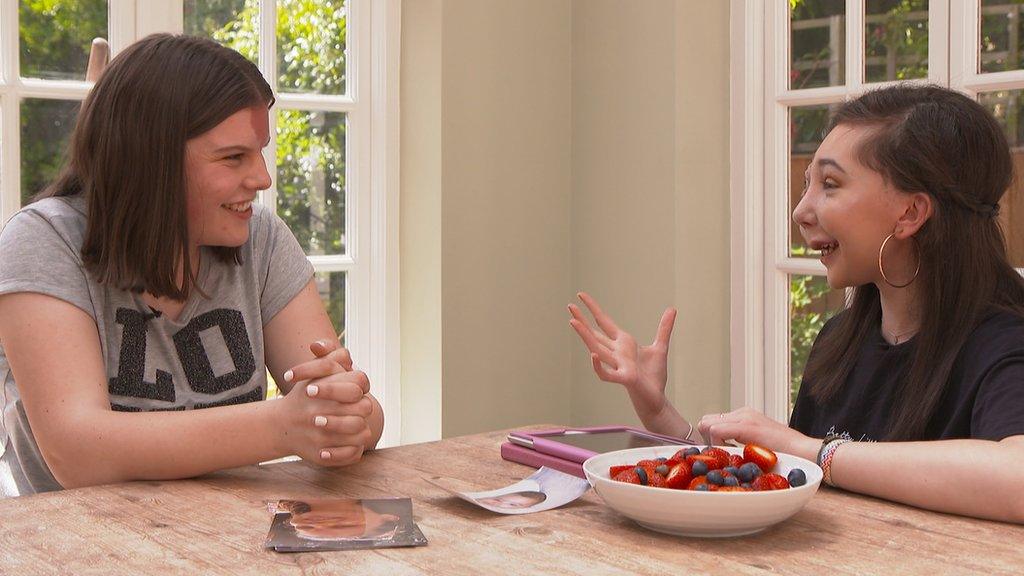Charity calls for a new look for James Bond villains
- Published
- comments
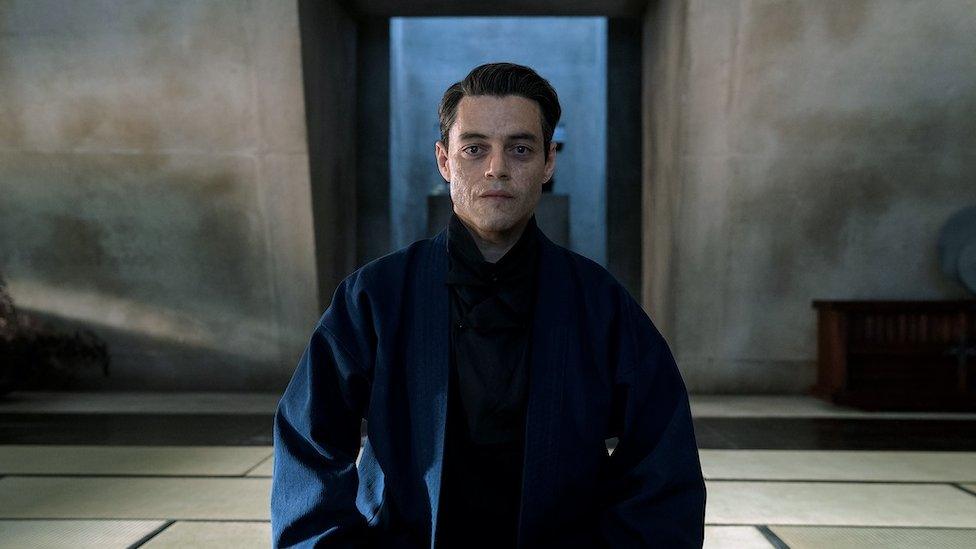
Actor Rami Malek plays a villain with scarring in the new film
Have you ever noticed that lots of movie villains have scarred or damaged faces?
Well, now a charity has called on the makers of the James Bond film franchise to introduce a positive character with a visible difference to put a stop to harmful stereotypes.
Changing Faces has criticised the producers of the action series for creating another villain with scarring on their face in the latest Bond movie.
James Bond films are known for their high speed chases and dramatic action sequences. The hugely successful film franchise has been running for nearly 60 years, with 26 films released to date.
But the series has been criticised in the past for stereotyping.
Young people explain how they feel unfairly represented in media
'No Time To Die' is the latest film in the series will premiere on Tuesday after years of delays due to the coronavirus pandemic.
The film features the actor Rami Malek, famous for playing Freddie Mercury in the Queen biopic 'Bohemian Rhapsody', as one of the story's central villains.
Rami Malek was given make up that made him appear to have scarring all over his face.
The charity Changing Faces says this encourages stereotypes about people who have similar scarring or visible differences.
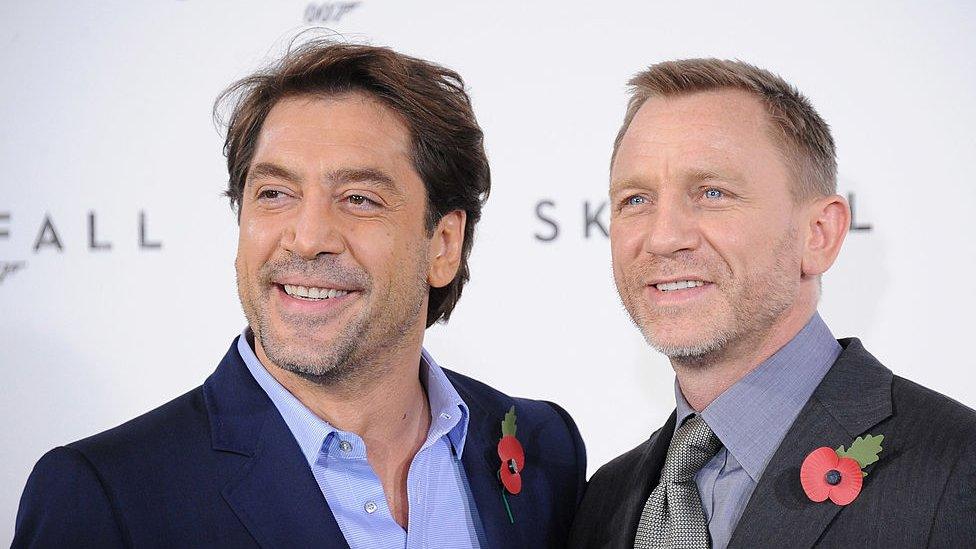
Javier Bardem (pictured alongside Daniel Craig) played a Bond villain in Skyfall, who also had a facial disfigurement
Changing Faces advocates on behalf of people who have visible differences.
Many people living with a visible difference feel they are unfairly represented in media.
And some feel that cruel or evil characters are often given a physical difference like a scar or burn to set them apart and make them appear different.
Catherine Deakin, deputy chief executive of Changing Faces, said: "Living life with a disfigurement can be tough, with people reporting a daily grind of staring, comments and even abuse, just because of how they look."
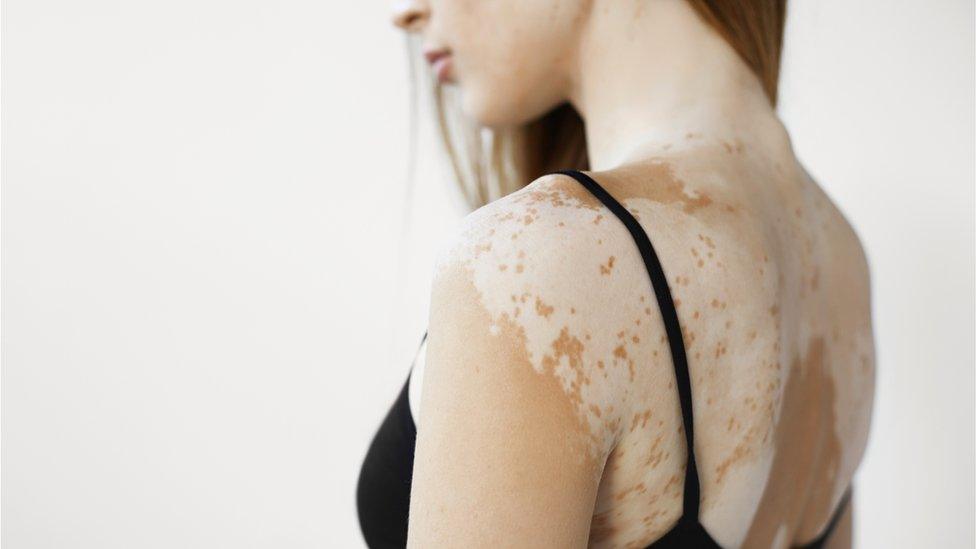
Changing Faces describes a visible difference as "as a scar, mark or condition on your face or body that makes you look different". It can be something you're born with or develop.
Research for the charity found that as many as 39% of 1,081 people with a mark, scar or condition that makes them look different had seen a character with a visible difference cast as a villain in media.
Whereas only 20% of that group had seen someone with a visible difference cast as a hero in film or on TV.
And 24% said the lack of fair representation of people with visible differences had an impact on their mental health.
Changing Faces has asked for a meeting with the company Eon who produce James Bond and wants them to introduce a positive character to the series who has a visible difference.
They say this will discourage assumptions people make about those with a visible difference.
Newsround has contacted Eon to ask them for their response to what the charity has said.
- Published10 December 2018
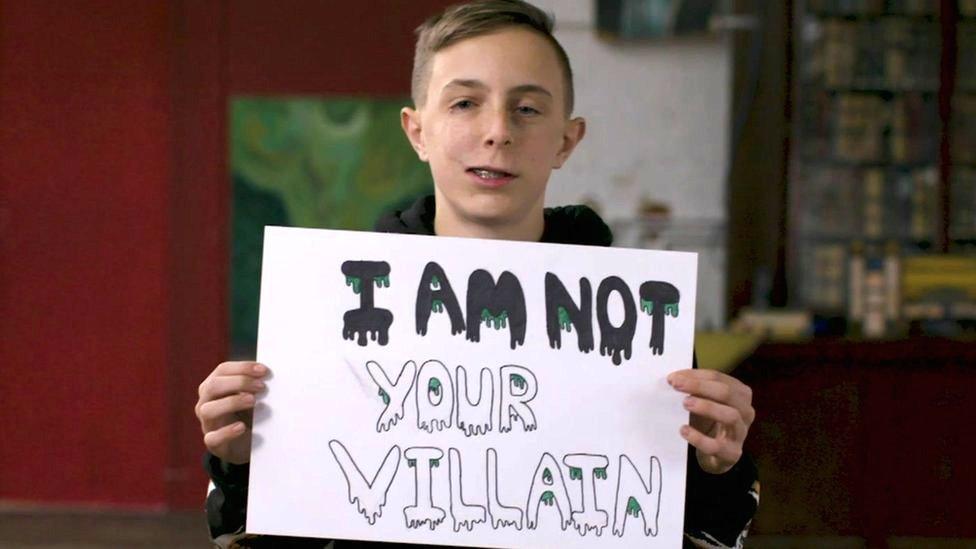
- Published9 September 2019


